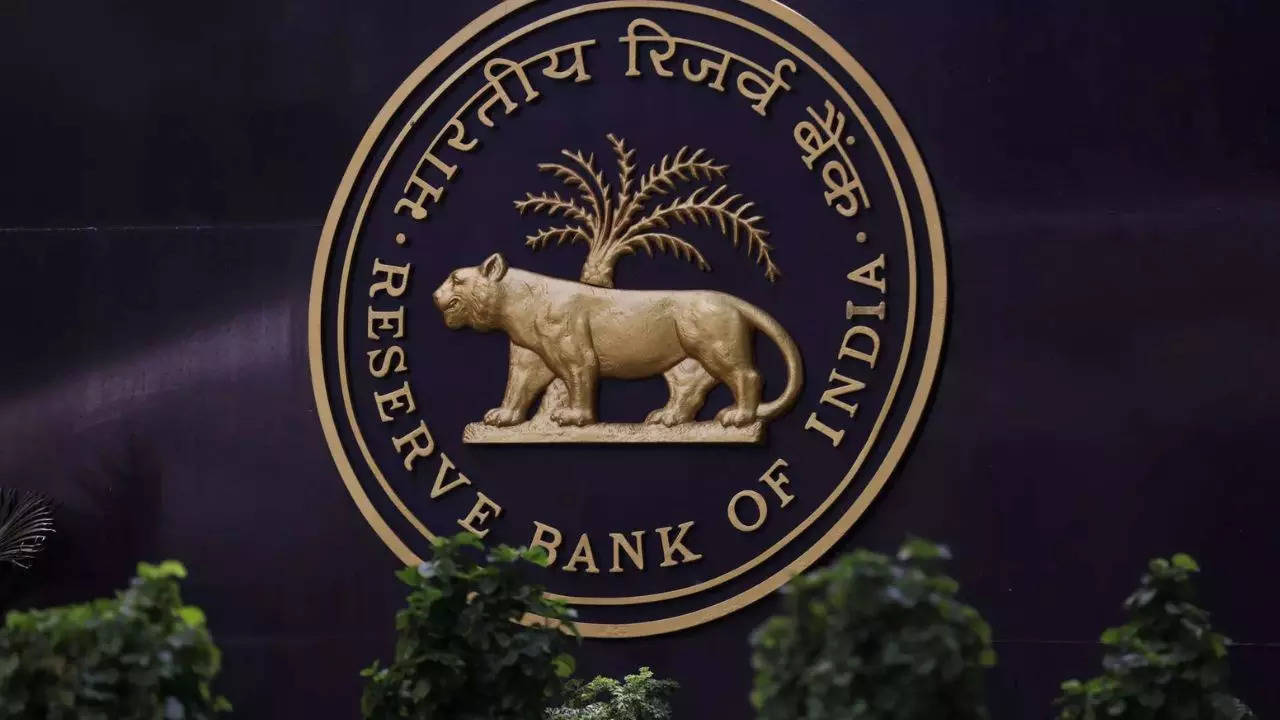Rbi: RBI allows fintechs to guarantee loans with strict norms – Times of India
According to the RBI guidelines, the guarantee must be in the form of a cash deposit, fixed deposit with a lien, or a bank guarantee in favour of the lender. Additionally, RBIregulated entities can only enter into default loss guarantee agreements with a lending service provider or other regulated entities with which they have entered into an outsourcing agreement.
These guidelines apply to commercial banks, small finance banks, co-operative banks, non-banking financial companies (including housing finance companies), and lending service providers (LSPs). The FLDG arrangements must adhere to specific criteria outlined in the circular and will not be considered synthetic securitisation or loan participation.
The circular provides details on eligibility, structure, forms, caps, recognition of non-performing assets (NPAs), regulatory capital treatment, invocation, tenor, disclosure requirements, due diligence, and customer protection measures. Suresh Ganapathy, an analyst with Macquarie, said, “On first reading, it is onerous for fintechs as well as REs (regulated entities) who will enter into FLDGs. There is already a 5% cap, and NPA recognition is tighter for REs. My view is that this isn’t going to take off in a big way.
So, a positive for Paytm. ” Certain guarantees under specified schemes/entities are exempt from the FLDG guidelines.
function loadGtagEvents(isGoogleCampaignActive) { if (!isGoogleCampaignActive) { return; } var id = document.getElementById('toi-plus-google-campaign'); if (id) { return; } (function(f, b, e, v, n, t, s) { t = b.createElement(e); t.async = !0; t.defer = !0; t.src = v; t.id = 'toi-plus-google-campaign'; s = b.getElementsByTagName(e)[0]; s.parentNode.insertBefore(t, s); })(f, b, e, 'https://www.googletagmanager.com/gtag/js?id=AW-877820074', n, t, s); };
window.TimesApps = window.TimesApps || {}; var TimesApps = window.TimesApps; TimesApps.toiPlusEvents = function(config) { var isConfigAvailable = "toiplus_site_settings" in f && "isFBCampaignActive" in f.toiplus_site_settings && "isGoogleCampaignActive" in f.toiplus_site_settings; var isPrimeUser = window.isPrime; if (isConfigAvailable && !isPrimeUser) { loadGtagEvents(f.toiplus_site_settings.isGoogleCampaignActive); loadFBEvents(f.toiplus_site_settings.isFBCampaignActive); } else { var JarvisUrl="https://jarvis.indiatimes.com/v1/feeds/toi_plus/site_settings/643526e21443833f0c454615?db_env=published"; window.getFromClient(JarvisUrl, function(config){ if (config) { loadGtagEvents(config?.isGoogleCampaignActive); loadFBEvents(config?.isFBCampaignActive); } }) } }; })( window, document, 'script', );
For all the latest business News Click Here


